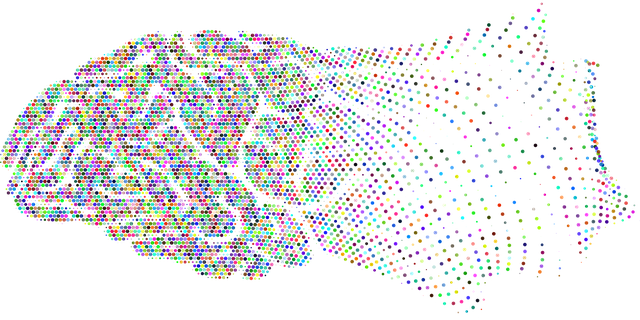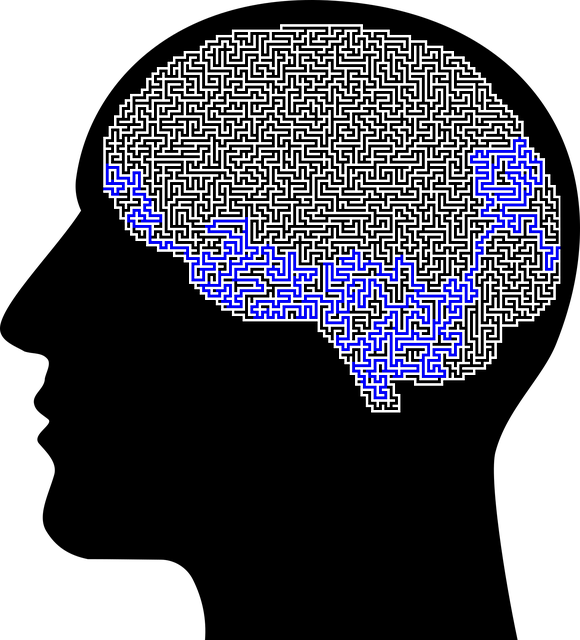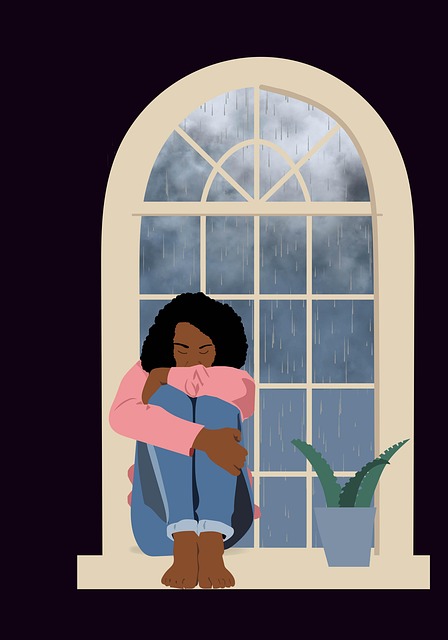Loss, grief, and bereavement are deeply personal journeys that can leave individuals feeling emotionally, psychologically, and spiritually adrift. Mental health professionals, like those specializing in Parker Couples Communication Issues Therapy (PCCIT), must approach these situations with sensitivity. PCCIT guides couples through challenging conversations, helping them process past traumas and fears to foster open expression and strengthen bonds. Effective grief counseling goes beyond talking therapy, creating safe spaces for emotional processing using evidence-based practices like CBT and mindfulness. Community outreach, stress management workshops, and integrating emotional intelligence further enhance the healing process by providing additional support systems.
Loss, grief, and bereavement counseling are vital aspects of mental health support, offering a safe space for individuals to navigate complex emotions. This article explores the nuanced human experience of loss, with a focus on understanding the stages of grief and the unique challenges couples face during therapy. We delve into effective strategies for counselors, emphasizing active listening and open communication, particularly addressing Parker Couples Communication Issues in therapy sessions. Through these approaches, professionals can empower individuals to heal and find solace after loss.
- Understanding Loss, Grief, and Bereavement: A Sensitivity Towards The Complex Human Experience
- Parker Couples Communication Issues: Navigating Difficult Conversations in Therapy
- Effective Strategies for Counseling: Empowering Individuals Through Support and Healing
Understanding Loss, Grief, and Bereavement: A Sensitivity Towards The Complex Human Experience

Loss, grief, and bereavement are deeply personal and complex experiences that vary widely from one individual to another. Understanding these processes involves recognizing that loss is not solely about the absence of a person or object but also about the emotional, psychological, and sometimes spiritual void it leaves behind. Grief, on the other hand, is the natural response to this loss, encompassing a range of feelings such as sadness, anger, guilt, and even relief. It is crucial for mental health professionals, like those specializing in Parker Couples Communication Issues Therapy, to approach each client with sensitivity and empathy, acknowledging that there is no ‘right’ way to grieve.
The experience of bereavement further complicates matters by introducing additional stressors, such as financial concerns, practical decisions, and the need for support networks. In light of these challenges, Mental Health Policy Analysis and Advocacy plays a vital role in ensuring access to quality care for individuals navigating loss. Effective therapy, coupled with Stress Reduction Methods and well-designed Mental Health Education Programs, can help individuals process their grief, adapt to new circumstances, and ultimately, find ways to honor the memory of their loved ones.
Parker Couples Communication Issues: Navigating Difficult Conversations in Therapy

In Parker Couples Communication Issues Therapy, navigating difficult conversations is a critical aspect of grief and bereavement counseling. Many couples struggle to express their feelings and concerns openly, often due to past experiences or fear of further pain. Therapists must create a safe space where both partners feel heard and respected, fostering honest dialogue that strengthens their bond as they process loss. By employing conflict resolution techniques and risk management planning for mental health professionals, therapists can guide couples through these challenging discussions, helping them build inner strength development and adapt to new realities.
Effective communication in therapy involves active listening, empathy, and the use of specific language that validates each partner’s emotions. This process requires patience and skill; therapists must be adept at managing intense feelings while facilitating productive conversations. By addressing Parker Couples Communication Issues, therapists not only support immediate emotional needs but also equip couples with valuable conflict resolution skills that can enhance their overall relationship health, even beyond the grieving process.
Effective Strategies for Counseling: Empowering Individuals Through Support and Healing

Effective counseling for loss, grief, and bereavement goes beyond mere talking therapy. It’s about creating a safe space where individuals feel empowered to process their emotions and begin the healing journey. At the core of this process lies a supportive environment that encourages open communication, fostering emotional expression without judgment. Skilled counselors utilize techniques tailored to each client’s unique needs, drawing from evidence-based practices such as cognitive-behavioral therapy (CBT) and mindfulness strategies.
One innovative approach, inspired by the work of Parker Couples Communication Issues Therapy, emphasizes active listening and empathetic response. This method helps individuals navigate their feelings of loss by promoting self-awareness and building resilient coping mechanisms. Moreover, integrating concepts like emotional intelligence into counseling sessions equips clients with tools to understand and manage their emotions effectively. Community outreach programs and stress management workshops organized within therapeutic settings further enrich the healing process by providing additional support systems and empowering individuals to take charge of their well-being.
In conclusion, understanding loss, grief, and bereavement is crucial for providing effective counseling, especially through the lens of Parker Couples Communication Issues therapy. By delving into these complex human experiences, therapists can empower individuals to heal and navigate difficult conversations with sensitivity and support. Effective strategies that foster open communication in therapy create a safe space for individuals to process their emotions, find closure, and ultimately, move forward with resilience.














